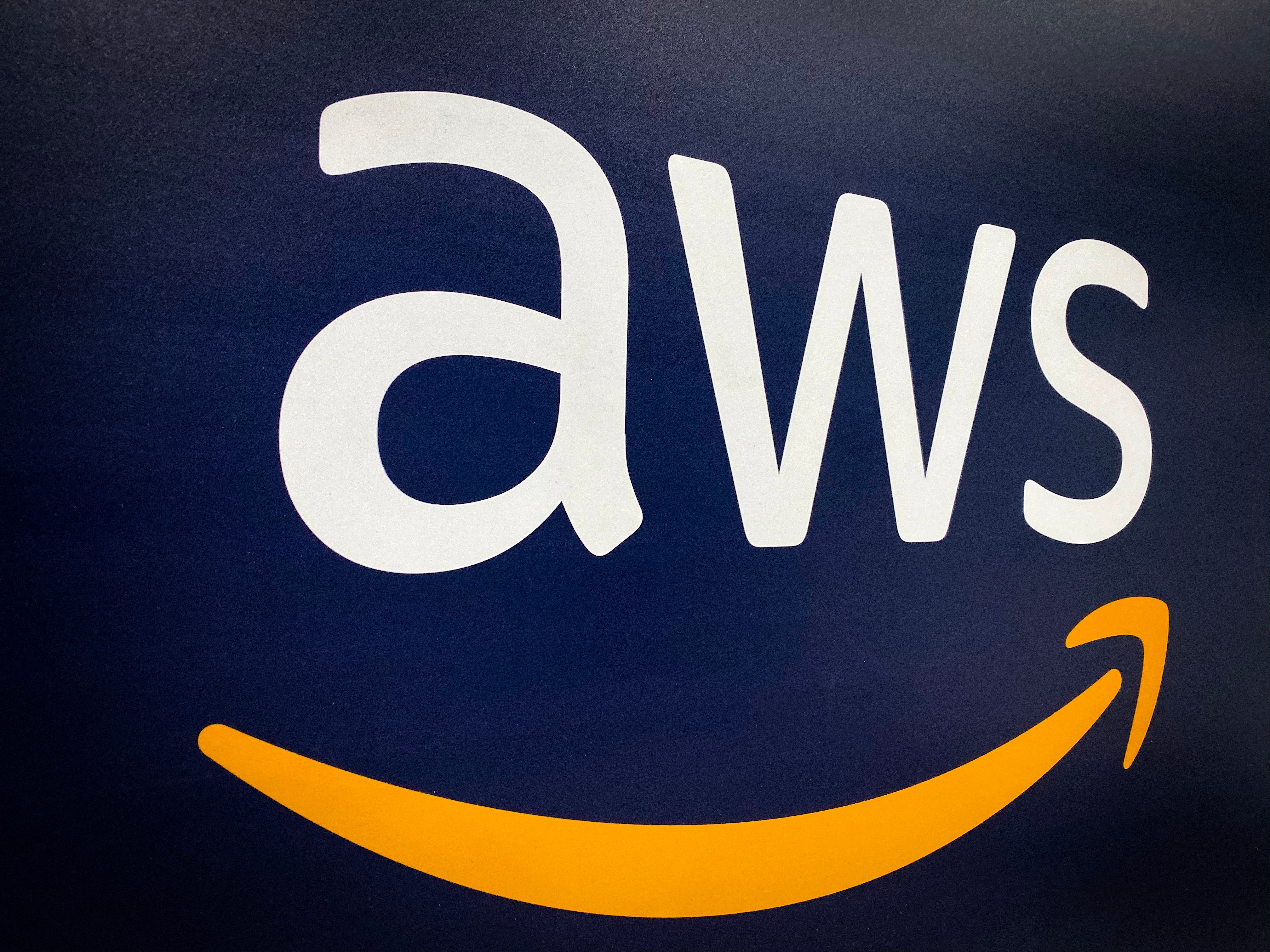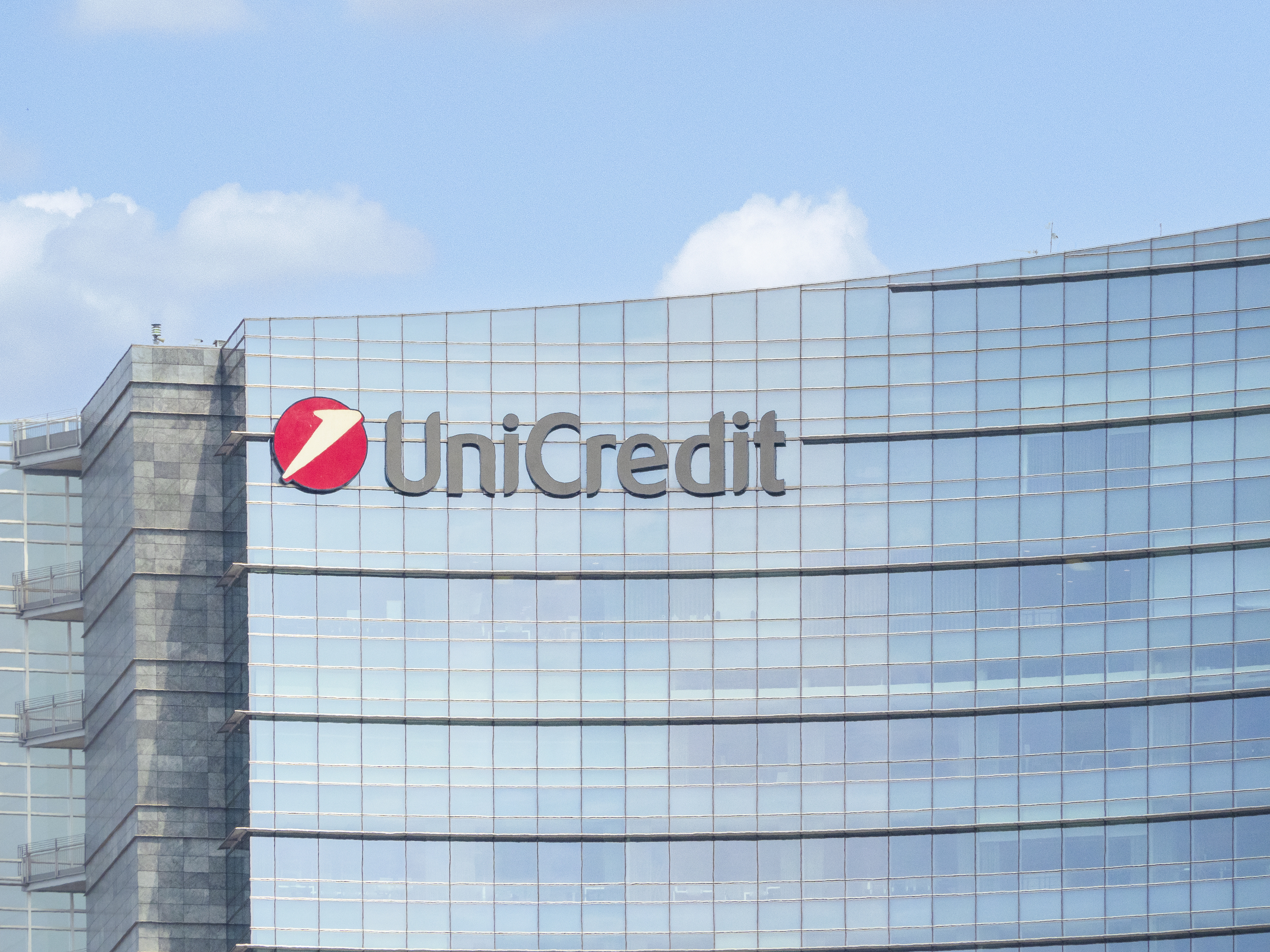On September 12, 2024, Mastercard announced the expansion of its cybersecurity services with a $2.65 billion agreement to acquire global threat intelligence company Recorded Future from Insight Partners. This acquisition significantly enhances the insights and intelligence Mastercard uses to secure today’s digital economy—both within the payments ecosystem and beyond. Recorded Future, touted as the world’s largest threat intelligence company, serves over 1,900 clients across 75 countries, including more than half of the Fortune 100 and 45 national governments.
Cybercrime is rapidly growing into a colossal economic force, with global costs expected to rise by 15% annually, reaching $10.5 trillion by 2025, according to Cybersecurity Ventures. This surge represents the largest economic wealth transfer in modern history, far surpassing the annual financial toll of natural disasters. The magnitude of these losses threatens to stifle innovation and discourage investment across industries.
Soon, digital crimes are projected to outpace the combined profits of all major illegal drug trades, making cybercrime one of the most profitable and disruptive industries globally. In the cyberpayment landscape, key threats include data breaches, phishing attacks, account takeover fraud, ransomware, and man-in-the-middle attacks. These vulnerabilities expose payment systems to unauthorized access, fraud, and operational disruptions, while non-compliance with evolving cybersecurity regulations presents significant financial and reputational risks for payment providers.
In this context, Recorded Future’s platform provides Mastercard with real-time insights into potential threats, enabling faster detection and response. Given Mastercard’s vast customer base, this acquisition is more than just a safeguard—it's an opportunity to offer threat intelligence as a service. A key component of this deal is the focus on AI.
Mastercard and Recorded Future have already collaborated to develop an AI-supported service that alerts financial institutions with greater accuracy and speed when accounts may be compromised. Mastercard’s investment in cybersecurity extends beyond this partnership, as seen in its previous acquisitions of biometric analytics firm NuData Security in 2017 and threat detection provider Baffin Bay Networks in 2023.
As regulatory frameworks like PCI DSS become more stringent, future updates are likely to mandate stronger threat intelligence capabilities. Mastercard’s acquisition of Recorded Future not only ensures compliance but also strengthens its standing amid evolving regulatory expectations.
Craig Vosburg, Mastercard’s Chief Services Officer, emphasizes the importance of the partnership, stating: “Trust is the foundation of any relationship. Recorded Future enhances how we deliver that greater peace of mind before, during, and after the payment transaction. Together, we will innovate faster, create smarter models, and anticipate emerging threats before cyberattacks can take place—in payments and beyond.”
Taking a broader view, this acquisition represents more than just a strategic move to fortify Mastercard’s cybersecurity capabilities. It provides critical lessons for the entire financial services industry. Companies that rely solely on traditional methods, without adopting advanced security measures, risk not only operational disruptions but also a loss of customer trust.
Mastercard’s acquisition of Recorded Future serves as a strong reminder that the future of business will increasingly hinge on the ability to proactively address digital threats. Companies unable to match this level of foresight risk being left behind.
.png?width=1816&height=566&name=brandmark-design%20(83).png)



